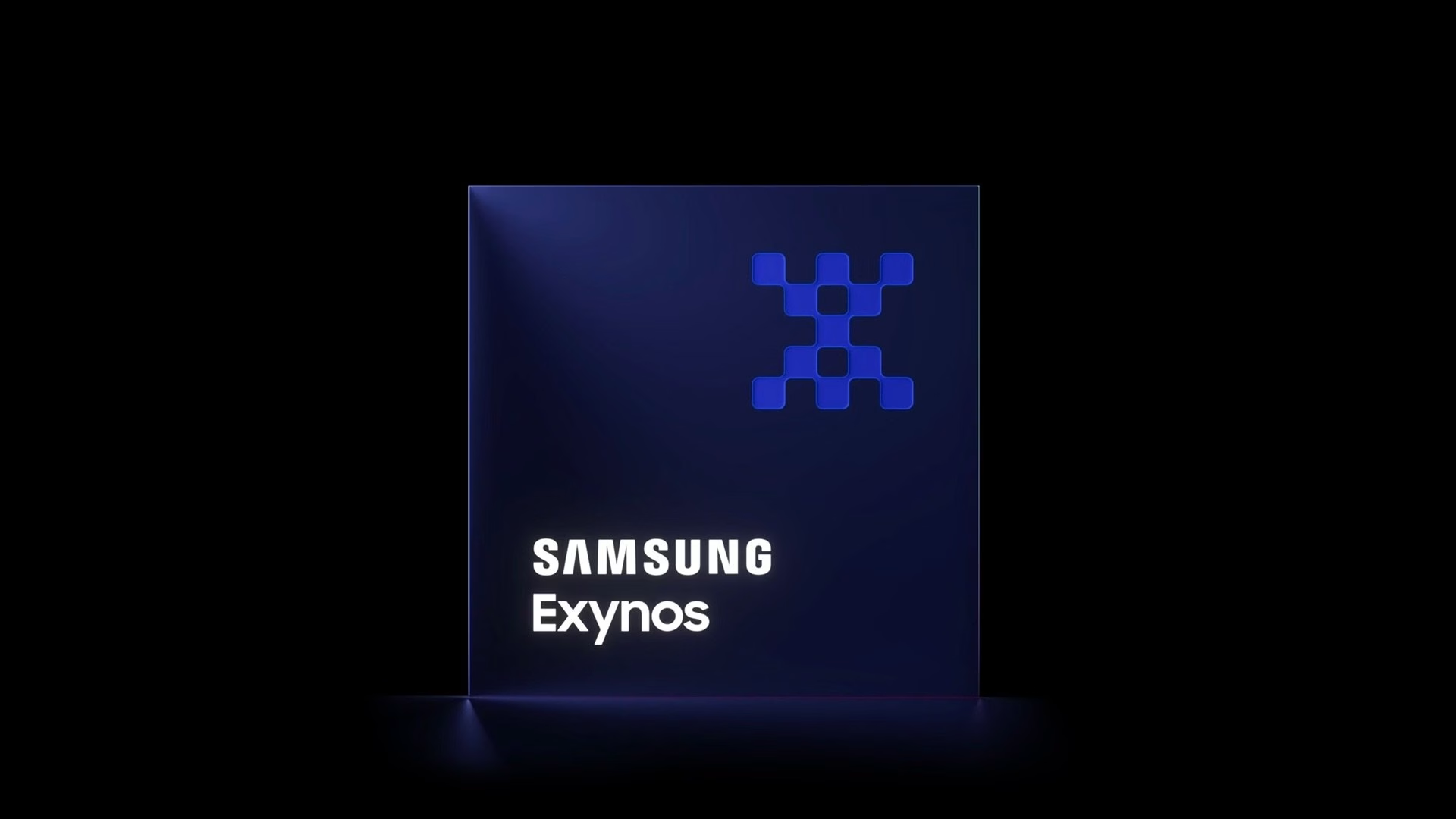Samsung Initiates Testing of Bespoke Exynos Chip for Galaxy S26 Ultra
Samsung is reportedly in the early stages of testing a "tailor-made" Exynos chipset specifically engineered for its forthcoming Galaxy S26 Ultra smartphone. This significant development, emerging from recent supply chain reports and corroborated by multiple tech outlets, signals Samsung's strategic pivot towards greater vertical integration for its premium flagship devices, potentially reducing reliance on third-party silicon suppliers like Qualcomm. Sources close to the matter indicate prototypes began internal testing within Samsung's R&D facilities in Suwon, South Korea, around mid-October 2025.
The move comes as Samsung aims to differentiate its high-end offerings and enhance performance, particularly in AI-driven tasks, a burgeoning area of mobile technology. For years, the "Exynos lottery" has been a point of contention among users, with regional variants receiving either Samsung's in-house chip or a Qualcomm Snapdragon. This dedicated approach for the Ultra model suggests Samsung is keenly addressing past criticisms related to power efficiency and sustained performance in its Exynos lineage.
Advancing Mobile AI and Performance Benchmarks
This bespoke Exynos chip is expected to be fabricated on a cutting-edge 3nm process node, an advancement from the 4nm found in earlier Exynos 2500 prototypes. Leaked benchmark data hint at an octa-core CPU configuration, featuring a prime core clocking in at 3.3GHz, complemented by three performance cores at 2.9GHz, and four efficiency cores at 2.2GHz. A key highlight is the integration of custom AMD RDNA-based graphics, targeting a significant 20% improvement in ray-tracing performance compared to anticipated Snapdragon 8 Gen 5 equivalents. That's a pretty substantial leap for mobile gaming enthusiasts, isn't it?
Crucially, the chipset is rumored to include a robust Neural Processing Unit (NPU) capable of 45 TOPS (Trillions of Operations Per Second). This marks a notable increase from the 35 TOPS in the S25's chipset, promising enhanced on-device AI capabilities crucial for real-time photo editing, advanced language processing, and other generative AI functionalities without constant cloud reliance. The chip is also designed to support up to 16GB LPDDR5X RAM and UFS 4.1 storage, with a 25% improvement in thermal management via vapor chamber integration, hopefully putting those overheating concerns to rest.
Strategic Implications and Market Dynamics
Samsung's commitment to a custom Exynos for its top-tier Ultra model carries considerable strategic weight. It aligns with a broader industry trend where tech giants like Apple and Google invest heavily in custom silicon to optimize hardware and software integration. For Samsung, this could lead to a 10-15% reduction in production costs per unit compared to importing Snapdragon chips, alongside a potential 15-20% boost in battery life efficiency for the S26 Ultra. Industry analysts project this strategy could yield a 10% market share gain for Samsung in the premium Android segment.
However, the regional rollout strategy remains nuanced. While European, Indian, and select Asian markets are likely candidates for the Exynos-powered S26 Ultra, US and Chinese variants might still feature Snapdragon chips due to existing carrier partnerships and network compatibility requirements. This tailored approach, while promising, also means careful balancing to avoid the perceived "Exynos lottery" of previous generations, particularly for an Ultra device where users expect a universally premium experience. No official pricing details are available yet, but experts estimate a starting price around $1,299 for the S26 Ultra, mirroring its predecessor.
Industry Reception and Community Sentiment
The news has sparked a mix of cautious optimism and skepticism within tech circles. Analysts generally view the move as a smart play for Samsung's long-term profitability and competitive edge in AI hardware. AMD, a collaborator on the custom graphics, has affirmed its ongoing partnership with Samsung on "next-gen mobile innovations."
On community forums and social media, users are expressing both excitement for potential battery improvements and cost savings, but a healthy dose of skepticism persists due to historical Exynos performance issues. "Finally ditching Snapdragon? Hope it doesn't thermal throttle like S22," one Reddit user posted, reflecting the mixed feelings. The consensus is clear: the tailor-made Exynos needs to prove itself, offering consistent, top-tier performance to truly win over a global audience. The Galaxy S26 Ultra is anticipated to launch in January 2026, with chipset testing projected to conclude by Q3 2025.
